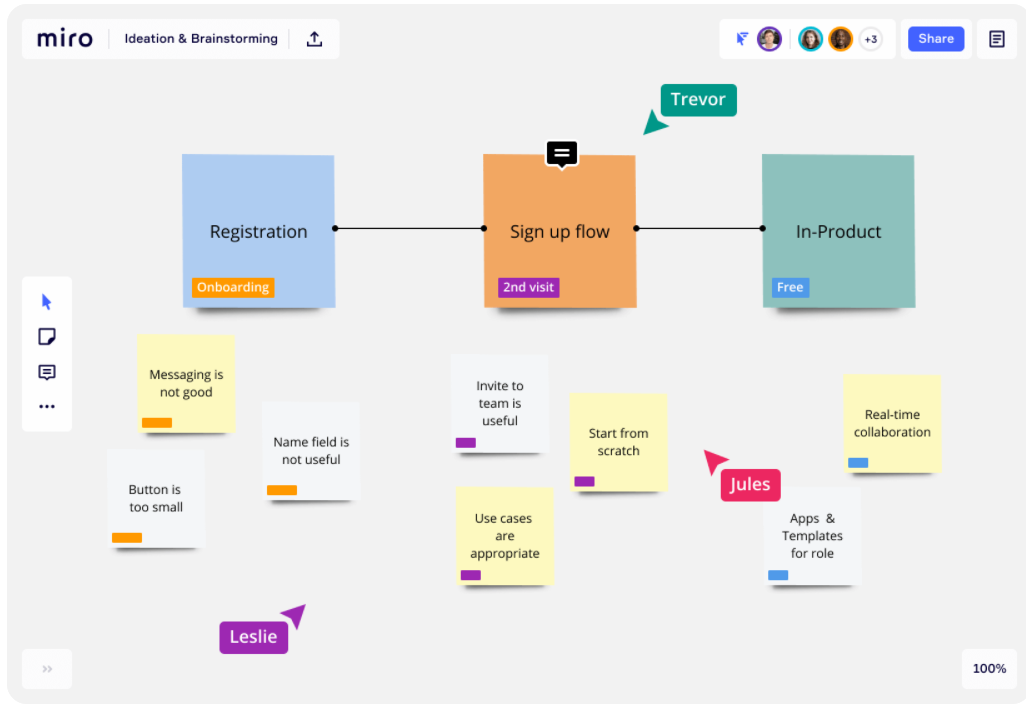Systems innovation (SI) is an eLearning and collaborative platform that empowers users to do systems level innovation.
The portal provides users with a large range of tools and bring them together to so they can cocreate the systems change.
Systems innovation is a new approach to innovation, that uses system thinking and new technologies to tackle complex systemic challenges.
Rather than symptom treatment the approach aims to change the underlying structure of a system rather than just any of its individual parts.
A bit like Einstein said: “We can not change the problems, we face using the same mindset that created the problems in the first place”.
SI builds on a vision envision of a world where systems work, and work the best way possible for everyone. To make that vison come true we need to change the way we innovate and to learn how to innovate in systems so they serves the sustainable development that the world needs now.
The platform offers a large range of academic ebooks, courses, paper and downloads on system change, system thinking, systems design and other other related issues around systems innovation.
The tools available on the platform consists of guides, canvasses, toolkits and shareables.
The SI platform have around 10.000 members and have 50-100 hub team and 20 hub representatives.
The community of the platform consists of both designers, academic, innovators and entrepreneurs, change makers and management.
And the educational material of the platform is used by over 1 million people every year all over the world.
You can join the SI community that has a number of Groups that is both build around geography and different themes.
The community also offers different events mostly Zoom meetings.
You can learn more about the SI platform on: https://www.systemsinnovation.io
Photo: John Schnobrich Unsplash
This publication has been prepared within SENBS project No. 2020- 1-EE01-KA204-077999. The content of this publication is the sole responsibility of the project coordinator and may not always reflect the views of the European Commission or the National Agency.
















Hiya, I am really glad I have found this information. Today bloggers publish just about gossips and internet and this is actually frustrating. A good website with exciting content, this is what I need. Thank you for keeping this website, I will be visiting it. Do you do newsletters? Can’t find it.
Utterly composed subject matter, Really enjoyed reading through.